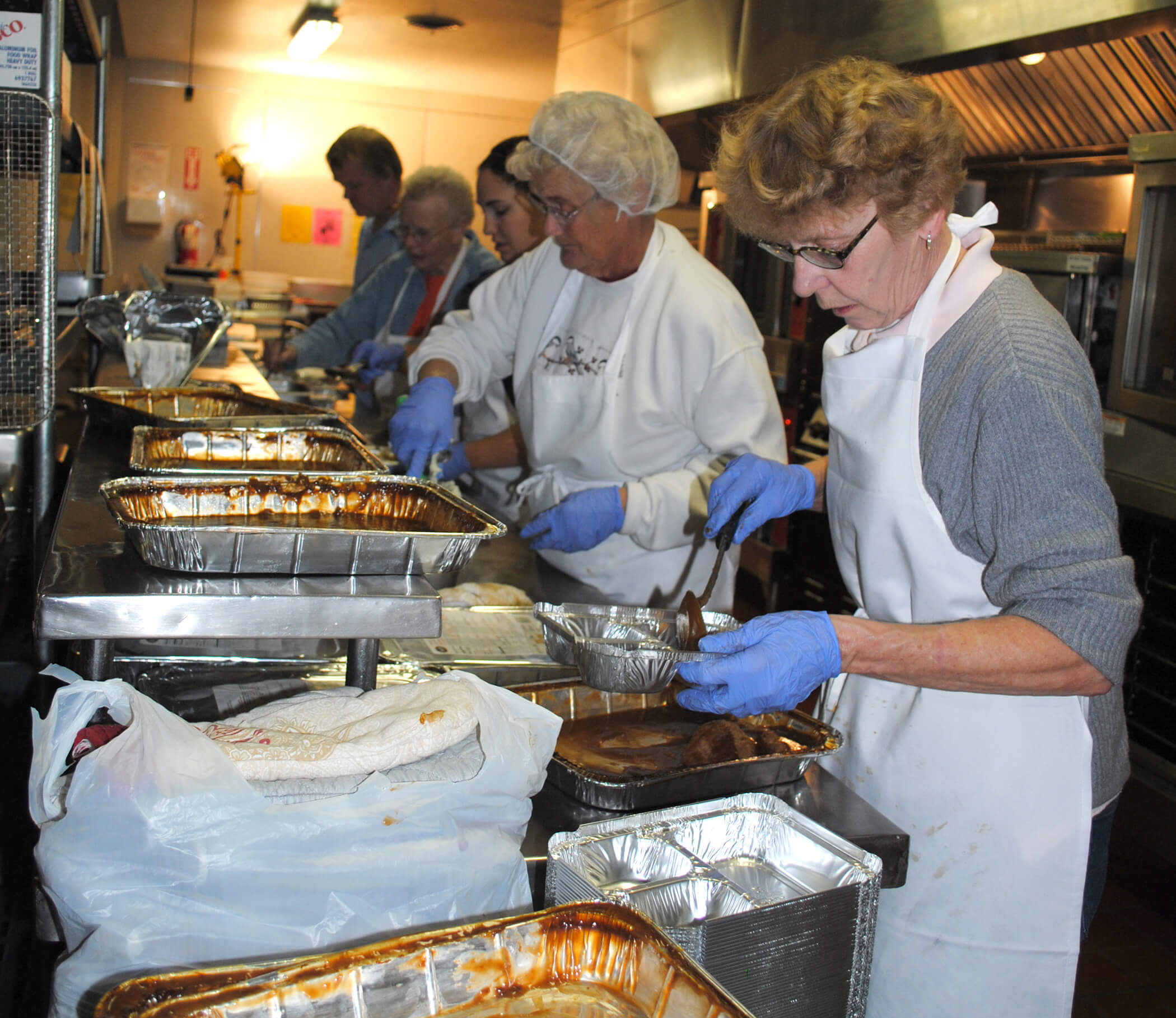As mentioned in an earlier blog, volunteering is a great way for senior citizens to remain involved and active in their communities upon retirement. Not only is giving back to the community a great way to remain involved but many volunteer opportunities also present many health benefits. When it comes to community service, the benefits go far beyond helping others, as it gives so much more for a volunteer to gain.
Mental Stability
There are endless opportunities for people to serve others on a level that requires minimal to no physical efforts. While these opportunities don’t benefit the body as a whole, it is just as important for older generations to continuously exercise their brain. Volunteering in educational based roles such as tutoring is a great way to maintain a healthy mental activity level. Even doing work for organizations that guide students through life’s challenges is a boost for the brain. Create the Good shared that studies at Johns Hopkins proved those who volunteer have greater mental capacities, and who would complain having more of that at an older age?
Physical Enhancers
With organizations that require volunteers to take physical action, there are surpluses of opportunities to gain while donating their time. There are specific events designated to running or walking for charity, which is a tremendous activity for seniors in and of itself. Additionally, philanthropic groups are always looking for a lending hand; whether it be helping to build a house, paint a mural, serve food, or run a clothing drive. All of these activities involve getting up and moving, giving volunteers a great way to get in their physical activity for the day. Living longer, decreased risk of heart disease and Alzheimer’s, and fat burning are all side-effects of volunteering at an elderly age. Some even believe doctors should recommend adding volunteerism when mentioning diet and exercise and healthy means of life.
Feel Good
As do most physical activities, volunteering has the ability to reduce levels of stress. Many people have felt the altruism effect but are unsure as to its true value. As someone uses their free time to help others, they are releasing dopamine into their bodies, giving them a feeling of accomplishment and satisfaction. Those who volunteer are often less likely to suffer from depression, as they have a more comprehensive understanding of those who truly are less fortunate than them.
From boosting brain activity to physical well-being, volunteering does a world of good for the overall health of an individual. More often than not these positive reactions to giving back are seen instantaneously. There are plenty of organizations out there looking for anyone willing to share their time, finding one that is a perfect fit should never be too far out of reach.

